This article was originally published during the summer of 2021.
Growing up on the Cape I was always influenced by the water. I spent my childhood with a fishing rod in my hands. In 2015 I finally decided to get my captain's license and give chartering a shot.
Right out of the gate I started running some boats for Chatham Bars Inn, but was always more interested in the lobster boats and gill netters that filtered in and out of the Chatham Fish Pier.
Charter fishing seemed too seasonal, and running up and down the coast chasing summer seemed unsustainable outside my 20s. In late November I found what seemed to be the only water related job around, oyster farming.
I had no idea what to expect.
More...
As we turned the corner by Thatch Island and headed back into Barnstable Harbor I was amazed by the rows of trays and bags, nets plugged with clams, and skiffs hustling through creeks. I was hooked.
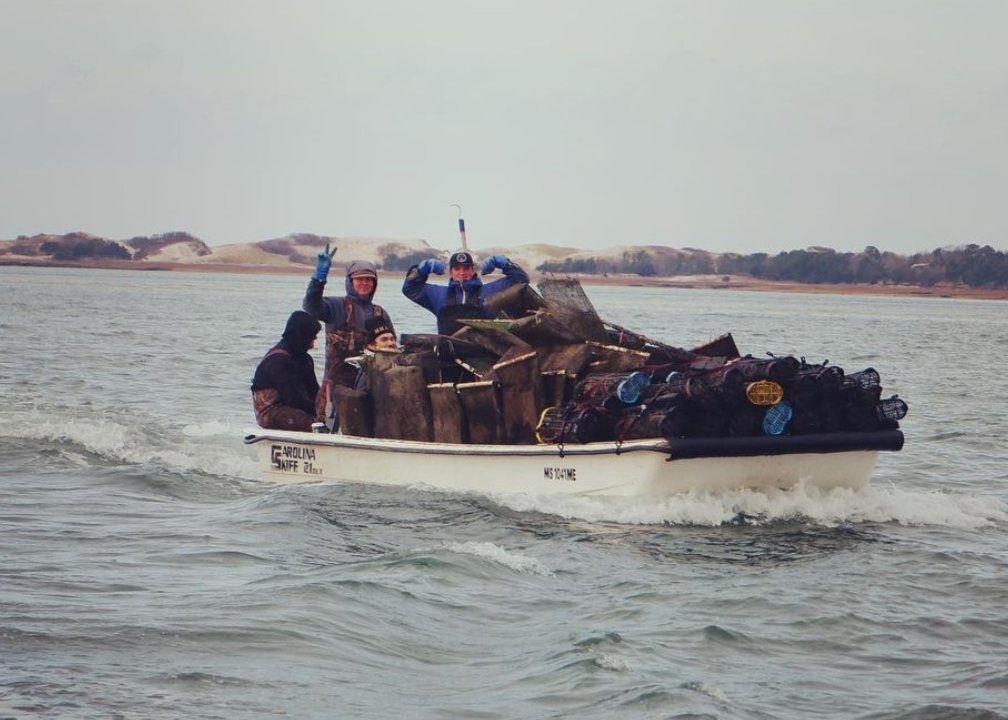
I picked my bosses brain until he started to hold back information. It was clear to him I wanted in. A few months later I left Chatham Bars Inn and started digging wild clams commercially.
About a year later another opportunity came my way. With the help of my business partners Ian O'Connell and Margaret Hill, we began what is now known as the Channel Rock Oyster Company.
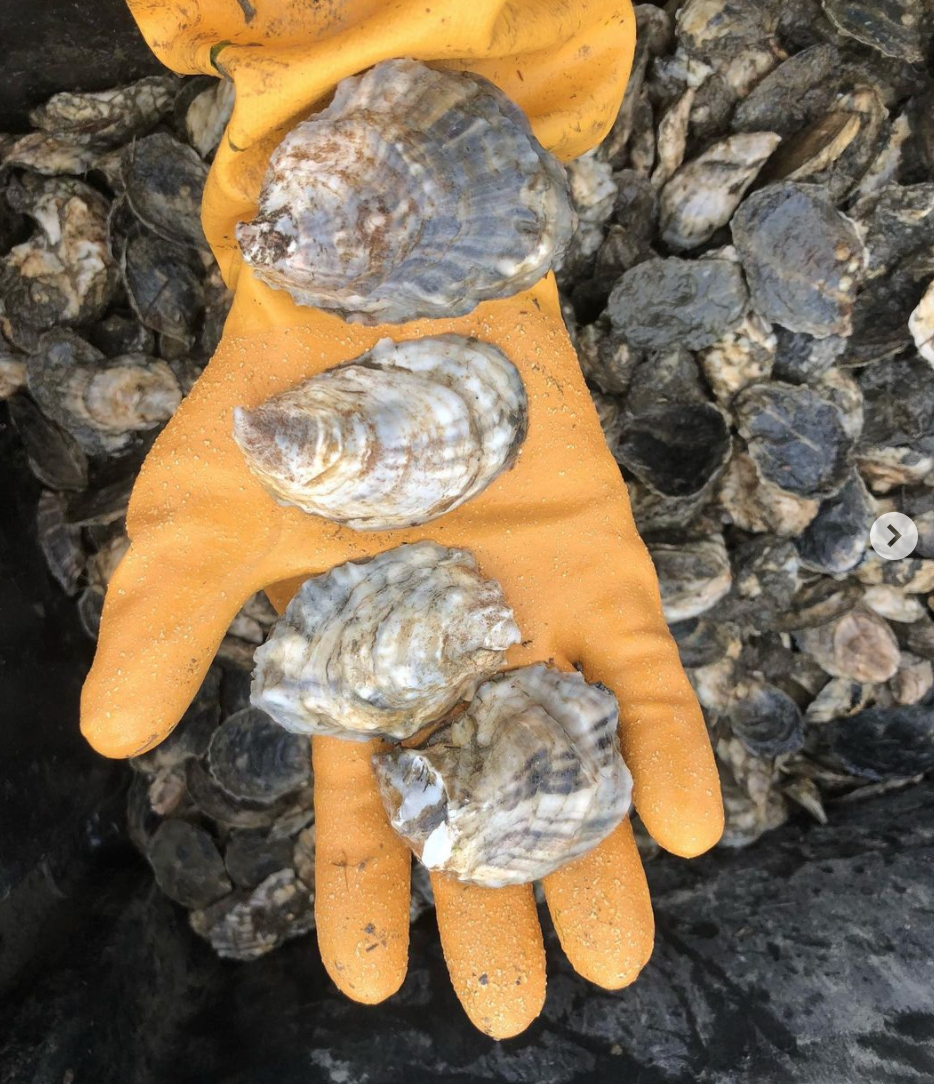
I take a lot of pride in selling a range of some of the highest quality shellfish products, and am proud of my roll in Cape Cod's blue water economy.
One of the features that make Barnstable Harbor unique is the huge tidal swings. At high tide the farms are in 8-10 feet of water, then at low tide they’re bone dry.
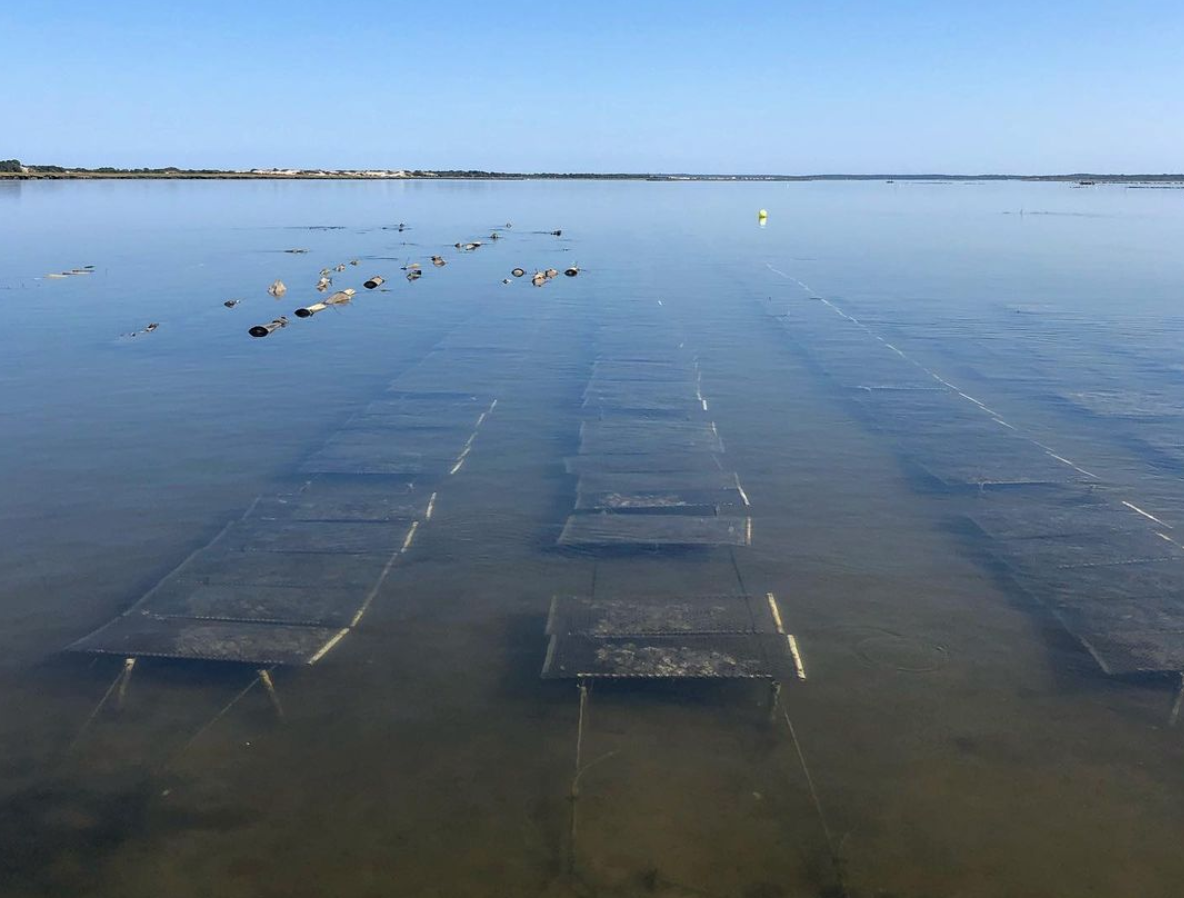
The Channel Rock farm is two acres, marked off by yellow poly balls (a state requirement on aquaculture sites).
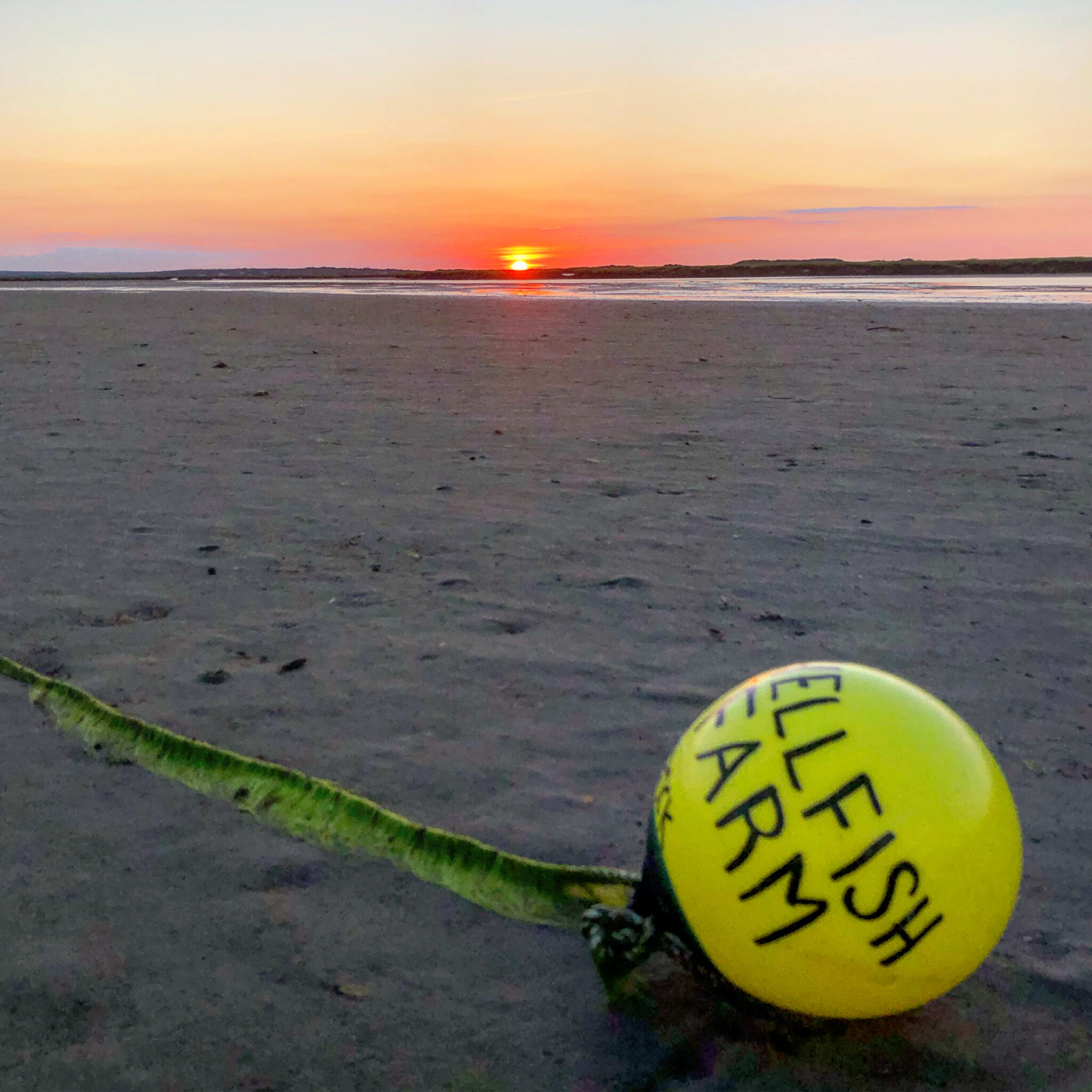
With the boom in recreational boating I’ve noticed more boats exploring the harbor than ever.
When I approach people to let them know the meaning of the yellow buoys, most of them have no idea what lies only a few feet below them, or that the tide is going out and in a few hours they’ll be high and dry.
It might take over two years for an oyster to reach market size, and over that time period growers handle them multiple times. It’s beyond painful to watch fisherman drive over the farm in search of schoolie bass.
One boat can wipe out years of hard work, thousands of dollars worth of product, and make a mess of the farm. It's still a little nerve wrecking to look over the farm at all the seed bags and think “this is my paycheck for the next two years”.
Not only do growers want to keep people as far away from the farms as possible, but we also use a lot of metal gear that can easily damage a prop/lower unit.
I’m not the only shellfish grower who has been affected by recreational boaters, so I’m speaking for everyone in the aquaculture industry.
Please stay a few hundred feet away from the yellow poly balls and all other commercial fishing gear!
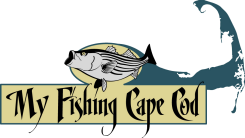
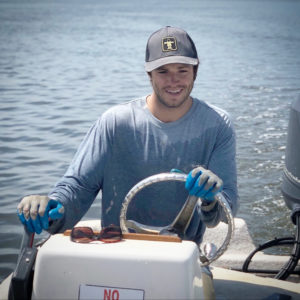
Thanks for the heads up. I am familiar with the oyster farms in Dennis by Crowes Pasture and their marker buoys. I didn’t know Barnstable harbor had oyster farms, but certainly a great location and now I know to keep an eye out for them!
Do you sell retail? I was able to find the Barnstable Shellfish Farmer’s Market outlet for purchasing, but it looks like you are sold out.
Thanks for the info. Our house looks out over Great Island Oyster beds in Great Island, West Yarmouth. I am intrigued by the process. These guys work hard. I’m going to find and beg them for a tour.
Thanks for the insights provided. Do you sell your oysters at farmer markets, etc?
As of today, the best to find them is the Lobster trap over in Bourne. a farmers market featuring barnstable shellfish is in the works!
Great info Tyler, and good luck with your business adventure. Love those Carolina Skiffs.
thank you! they are a great work boat thats for sure.
Thanks for the article Tyler. This should be required reading for anyone who boats around the Cape!